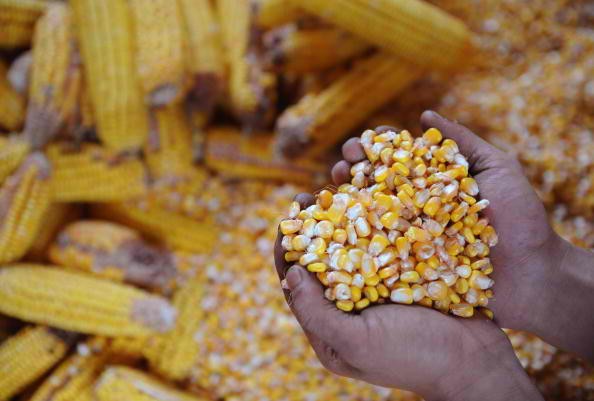Right now, China is dealing with massive surpluses of corn supplies. But as far as the food scarcity-averse nation of a billion-or-so people goes, turning them into useful biodegradable products has been mulled to raise oversupply prices without putting such a stockpile to waste.
The burgeoning number of corn supplies in China, many of which have resulted in benefits for farmers, is now positioned to figure as a key ingredient in an intriguingly different kind of product: polyactide (PLA). Such attributes to the creation of inedible biodegradable goods out of edible (albeit spoiling) ones.
PLA products such as plastic bags and utensils are highly capable of using corn not as food, but as a material that substitutes otherwise environmentally-averse materials. That, in return, adds greater value to the oft-perceived waste of corn oversupplies, Reuters said.
However, pushing through with such a plan remains clouded in vague details, considering that an implementation regimen has yet to take place. Nonetheless, the potential to boost lowered corn prices lies promisingly on an adequate supply perfect for PLA products, The Asahi Shimbun said.
Such, of course, would then allude to the traditional view on food as a valued resource amid fears on food security in China, which the country overcame in various periods of famine. Nonetheless, turning corn into plastic products presents a new perspective on dealing with bumper food supplies.
Perhaps niche markets would be able to benefit from PLA products made from oversupply foodstuff - in this case, corn. But making it more sustainable would require the preparation of a comprehensive blueprint for policies supporting alternative uses for oversupplied foodstuff.
In the case of corn, using massive oversupplies for PLA might lead to logistical problems, particularly because clearing China's entire supply of the crop would take at least 400 years. Technological developments, albeit unavailable at this point, would then play a significant role.



























